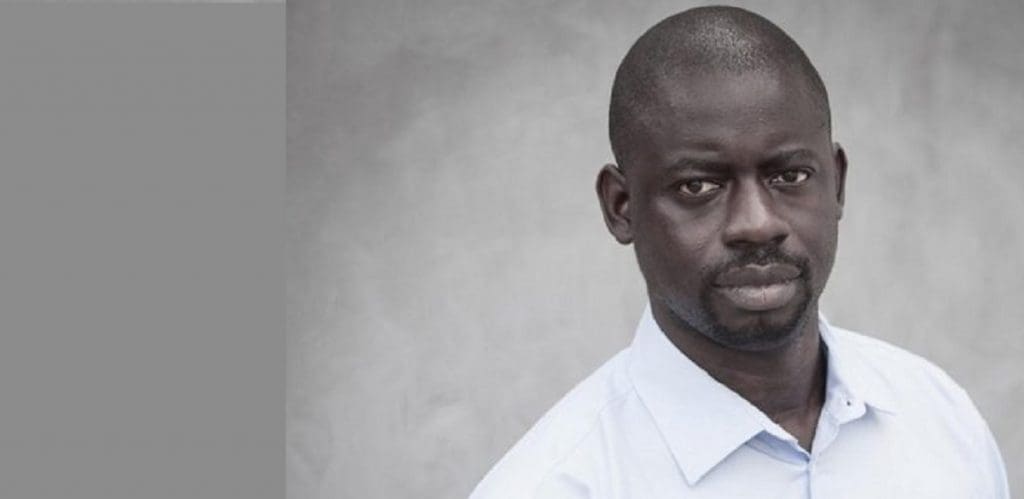The Senegalese academic and his French colleague Bénédicte Savoy are in the “Pioneers” category of the annual ranking established by American magazine, Time.
This is the consecration of the work of the authors of the “Rapport sur la restitution du patrimoine culturel africain. Vers une nouvelle éthique relationnelle.” The document, commissioned by President Emmanuel Macron, is supposed to prepare the ground for “temporary or definitive restitutions of African heritage.”
On Twitter, Sarr, who currently teaches at the American University of Duke, welcomed the news with humility: “Our contribution to the debate on the restitution of African heritage has earned us, along with Bénédicte Savoy, a place in the TIME 100.”
The idea of returning to Africa cultural objects, kept in museums in France, was born in the head of the French head of state following his speech at the University of Ouagadougou, in Burkina Faso, on 28 November 2017.
The young president then set himself a deadline of five years for the restitution process to begin. On December 17, 2020, the French National Assembly adopted, in final reading, the bill on the restitution of cultural property to Benin and Senegal.
As a result, Macron decided to return 26 items claimed by the Beninese authorities. These artefacts were taken by General Dodds in the palace of Behanzin in 1892.
They include anthropomorphic royal sculptures, thrones and seats, the door of the royal palace of Abomey, portable altars, recades (war dance sticks) and other objects.
In addition to Sarr, Nigeria’s Ngozi Okonjo-Iweala, Director General of the World Trade Organisation (WTO) and Beninese singer Angélique Kidjo are among the 100 most influential people in the world in 2020 in the “Leaders” and “Titans” categories respectively.
ID/lb/abj/APA


